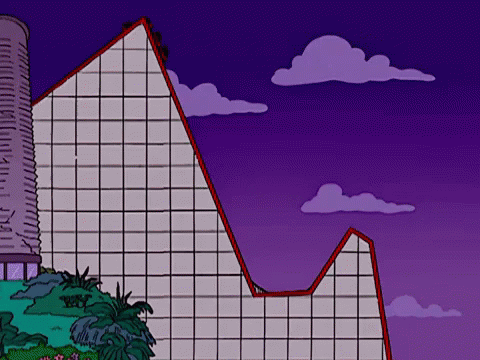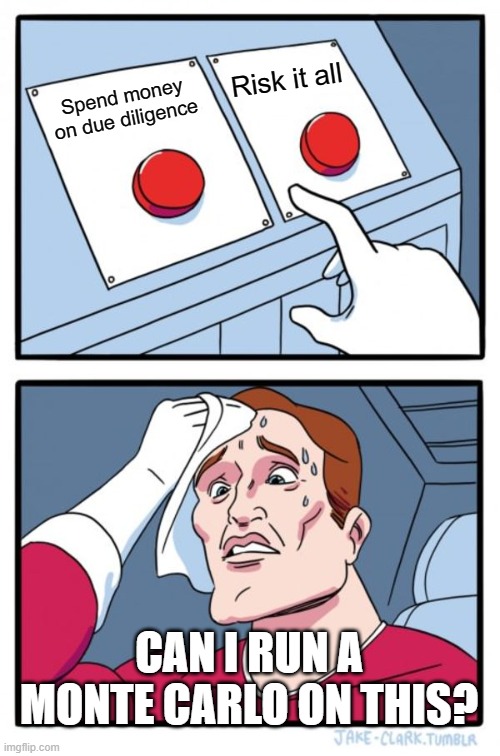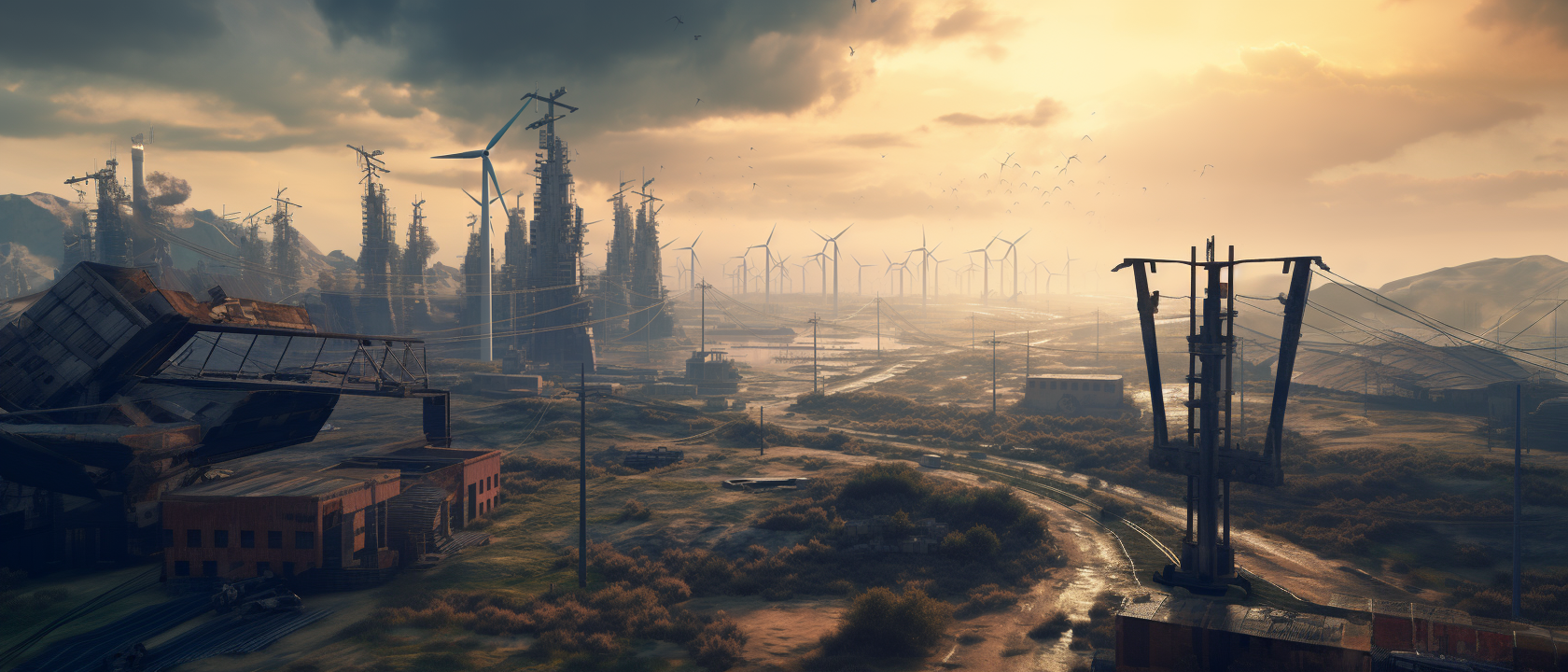Validating a startup’s technology is crucial for investors to understand its potential and risks. Climate tech startups are solving some of the most pressing problems of our time, but they also must overcome many barriers and uncertainties.
According to PwC, more than USD 87.5 billion were invested in climate tech in H2 2020 to H1 2021. Most of these investments are likely to be lost due to failed startups.
If you are investing in the climate tech space, you need to be prepared and knowledgeable to correctly validate and valuate climate tech startups.
How the EV Startup Nikola Burned Billions of Investor Money
Let’s talk about electric vehicles. Not the passenger cars but electric trucks. Nikola Corporation was once hyped and thought to become a second Tesla, dominating the heavy-duty vehicle market in the future.
The company was founded in 2014 and went public in June 2020 through a merger with a special purpose acquisition company (SPAC) called VectoIQ. The company’s stock price soared after its public debut, and investors flocked towards it and invested billions of dollars.
However, just one year later in 2021, Trevor Milton, the founder of Nikola Corporation, was charged with securities fraud for misleading investors about the company’s products and technology. The Securities and Exchange Commission (SEC) accused Milton of making false and misleading statements about Nikola’s products and technology to drive up the company’s stock price. The SEC also accused Milton of making false statements about the company’s ability to produce hydrogen fuel. In December 2021, Nikola agreed to pay $125 million to settle charges that it defrauded investors by misleading them about its products, technical advancements, and commercial prospects.
Since its peak price of 65.90 USD in 2020, Nikola lost more than 98 % of its value.

Climate Tech Founder: The Good, The Bad, and The Ugly
As sustainable investing becomes more popular, there is a growing risk of greenwashing and overhyping – whether willingly or accidentally – and climate tech startups are no exception.
While most climate tech founders have honest intentions towards solving climate change, not all of them share the sentiment. There are three types of climate tech founders:
- The Good: Honest and knowledgeable founder who knows how their tech solution is working and validated its positive impact.
- The Bad: Founder who just wants to “ride the wave” of climate tech to get some funding but doesn’t really care about the business or the technology.
- The Ugly: They are convinced that they are doing the right thing and that their technology will change the world. However, their absolute conviction leads them to ignore the flaws and limitations in their technology.
While The Bad ones are the only ones who will try to (unknowingly) scam you into investing in their business, they are also easier to spot as their pitches will be full of bullshit bingo, incl. blockchain-based AI solutions solving climate change by democratising investments in new offsetting solutions. You might have heard that one before.
However, it is more difficult to figure out whether the investment opportunity in front of you belongs more in the realm of The Good or rather The Ugly. After all, The Ugly’s solutions are already convincing enough to convince themselves and they will try everything to convince you too.
That’s how Nikola was able to fool so many investors leading to billions of dollars in loss despite great intentions.
Never Skip Commercial & Technical Due Diligence
Many investors, large and small, lost their money on cases like Nikola and many smaller startups which never make it into the news. As an investor, there are only two things to reduce your risk of getting burned severely:
- Technical Due Diligence
- Commercial Due Diligence
There are many types of due diligence, but these two are by far the most important. Most investors do not have a background in the respective commercial or technical field which makes it hard to do a sophisticated due diligence in these areas.
That’s why in larger transactions (speaking millions to billions), investors usually rely on larger external advisory firms to do the commercial and technical due diligences.

But you can already do Commercial and Technical Due Diligence for much smaller transactions with limited effort, focusing on identifying red flags in both areas, including but not limited to:
- Technical
- Laws of physics, e.g., turning CO2 into useful products without accounting for the needed energy input.
- Neglectable emission reduction potential, e.g., because the solution can only be applied to extremely specific circumstances which cover like 0.0001% of global emissions.
- Limited scalability, e.g., because the technology solution must be specifically engineered or tailored for every new customer.
- Commercial
- Reliance on voluntary carbon markets, which could crumble any second based on economic climate.
- No other value-adding products apart from carbon reduction, which could have supported the business case by itself.
- Insufficient go-to-market strategy including missing sales channels and marketing concepts.
If you have a technical background with experience in climate tech, startup founding & funding, and commercial & technical due diligence, these things are easy to check. And especially at an early stage, where you expect most of your investments to fail, a bit of qualified due diligence support can bring you a long way.
10X Return – Commercial & Technical Due Diligence Is Worth It
Nine out of ten startups fail. Meaning, of 1 Mio. Euro invested into 10 startups, 900k are already lost. As an investor, you are betting on that one remaining company to give you a 10x return just to earn your investment back.
What if you could avoid losing most of your investment in the first place? If you spend 10k Euro on additional technical and commercial due diligence, you will easily reduce your losses by a multiple of that. Just one avoided total loss case of the nine expected, would pay for the due diligence on all projects.
Are you going to risk it?

Summary
Climate tech startups are solving some of the most pressing problems of our time, but they also must overcome many barriers and uncertainties. If you are investing in the climate tech space, you need to be prepared and knowledgeable to correctly validate and valuate climate tech startups.
- As an investor, you should prioritize technical and commercial due diligence when investing in climate tech startups.
- Red flags to watch out for include flawed technology, limited scalability, reliance on volatile carbon markets, and inadequate go-to-market strategies.
- Spending on due diligence can significantly reduce losses, making it a worthwhile investment to avoid total losses and increase returns.
Do you want to learn more about how to do commercial and technical due diligence on climate tech startups? Send me a message!
See you next week. 😉 (Haven’t subscribed to The Climate Innovator newsletter yet? Join here!)





